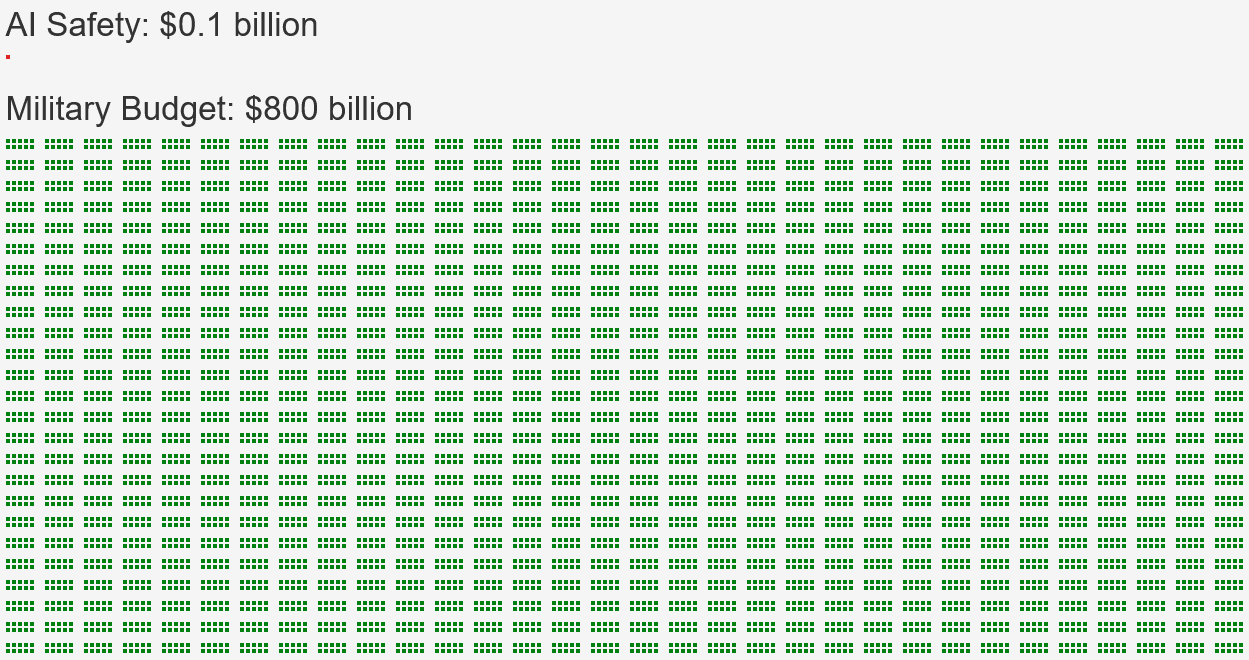Why do futurists care about the culture war?
I think it doesn't make sense why some futurists (e.g. Elon Musk, Peter Thiel) care so much about the culture war. After the singularity, a lot of the conflicts should disappear. * Transsexuals: should we change the body's gender to fit the mind or change the mind's gender to fit the body? After the singularity we'll have the technology to make sure minds and bodies have the same gender to begin with. * Illegal immigrants: after the singularity everyone can join their own society and won't need to immigrate to richer places for better living standards. * Gun rights: we'll have the technology to prevent guns from killing people. There are many ways to do this, but the most intriguing way would be to make backup copies of people. * Police brutality: similar to gun rights, if there isn't the fear of death, even the most pro-police people will agree on greatly reducing brutality. * Abortion: should fetuses be killed or should women be forced to carry pregnancies they don't want? After the singularity we'll have technologies to cheaply avoid both morally uncertain choices (again there are multiple possibilities). * Drug use: after the singularity we can make drugs no longer addictive but still feel good. Many activities today are like that. * Affirmative action: after the singularity anyone can attend any university they wish, and all jobs will become voluntary since ASI can work better than humans. We won't need affirmative action to counterbalance unconscious racial discrimination because we'll have the technology to delete unconscious racial discrimination. We won't need affirmative action to counterbalance intergenerational damage because we'll have the technology to fix its effects. * Wealth distribution: there will be countless orders of magnitude more wealth than needed. Even the equivalent of food stamps after the singularity will provide a higher quality of life than a million dollar salary today. * Healthcare: healthcare after the singularity design

The media and politicians can convince half the people that X is obviously true, and convince the other half that X is obviously false. It is thus obvious, that we cannot even trust the obvious anymore.